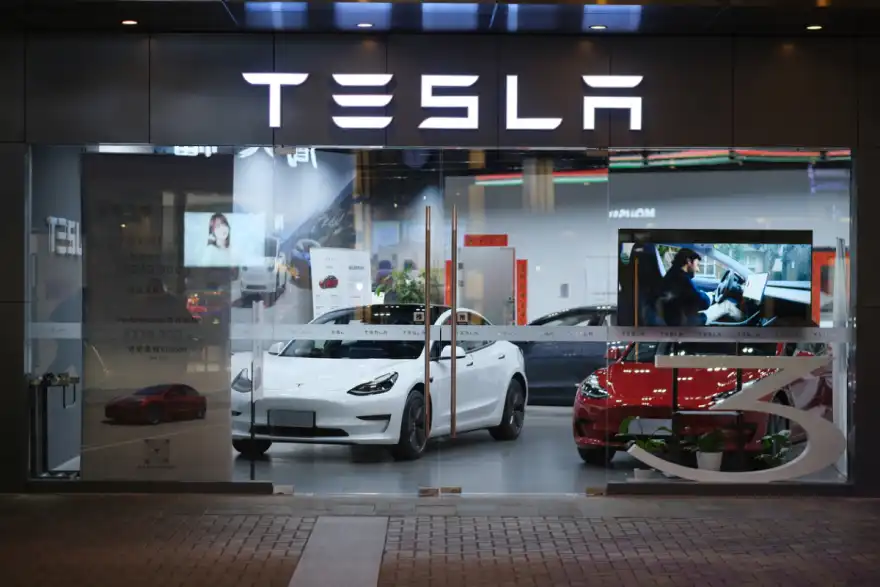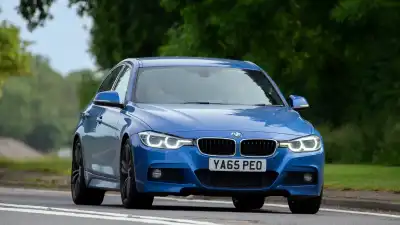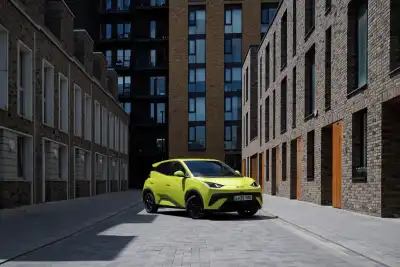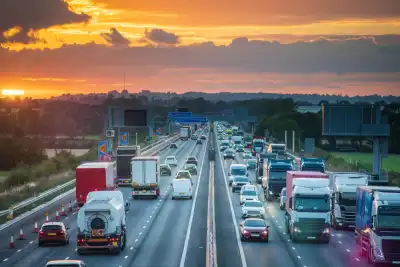
Elon Musk is in Beijing to discuss implementing autonomous driving features on Tesla cars in China. He aims to enable Full Self Driving (FSD) capabilities and utilise data collected in China to enhance Tesla's algorithms.
While FSD is operational in countries like the US, it is not yet available in China.
This discussion follows a US report linking Tesla's autonomous driving to at least 13 crashes, including a fatal incident.
In talks with Chinese Premier Li Qiang, Musk expressed Tesla's readiness for deep cooperation with China to "achieve more win-win results".
Li assured Musk that China will "always be open to foreign-funded firms," according to reports.
China ranks as Tesla's second-largest market. Competitors such as Xpeng, based in Guangzhou, are striving to rival Tesla by introducing similar self-driving features in their vehicles.
Musk recently praised Chinese car manufacturers as the most competitive globally.
Tesla has previously reassured Chinese authorities about the rollout of Full Self Driving (FSD) in the country by establishing a data centre in Shanghai. This centre processes data about Chinese consumers in compliance with local laws.
The timing of this visit coincides with an investigation by the US's National Highway Traffic Safety Administration (NHTSA) into whether a recent recall adequately addressed safety concerns related to Tesla's driver assistance system.
According to the NHTSA, drivers involved in crashes while using Tesla's autonomous driving features were not sufficiently attentive, despite requirements to remain focused and ready to take control at any moment. This analysis was conducted before Tesla announced a recall to address the issue.
Tesla's software is designed to ensure that drivers remain attentive and that the autonomous driving feature is used appropriately, primarily on highways and under suitable conditions.
Elon Musk has been promising for years that Teslas would become autonomous "robotaxis." Back in 2015, he anticipated full autonomy by 2018, and in 2019, he projected that robotaxis would be operational the following year.
This month, Musk announced plans to unveil Tesla's robotaxi later in August.
Critics argue that Musk consistently overhypes the potential of full autonomous driving to boost Tesla's stock price, which has been struggling due to challenges like declining global demand for electric vehicles and increased competition from lower-cost Chinese manufacturers. Musk, however, denies these allegations.
To boost sales, Tesla has been reducing car prices in markets like China.
Musk explained on X (formerly Twitter) that, "Tesla prices must change frequently in order to match production with demand,"
Tesla recently reported a 13% drop in automotive sales, amounting to $17.3 billion (£13.7 billion) in the first three months of this year.
Overall, Tesla's sales decreased by 9%, with profits sharply declining to $1.13 billion compared to $2.51 billion during the same period last year.
In 2024, Tesla's share price has plummeted by 32%.




